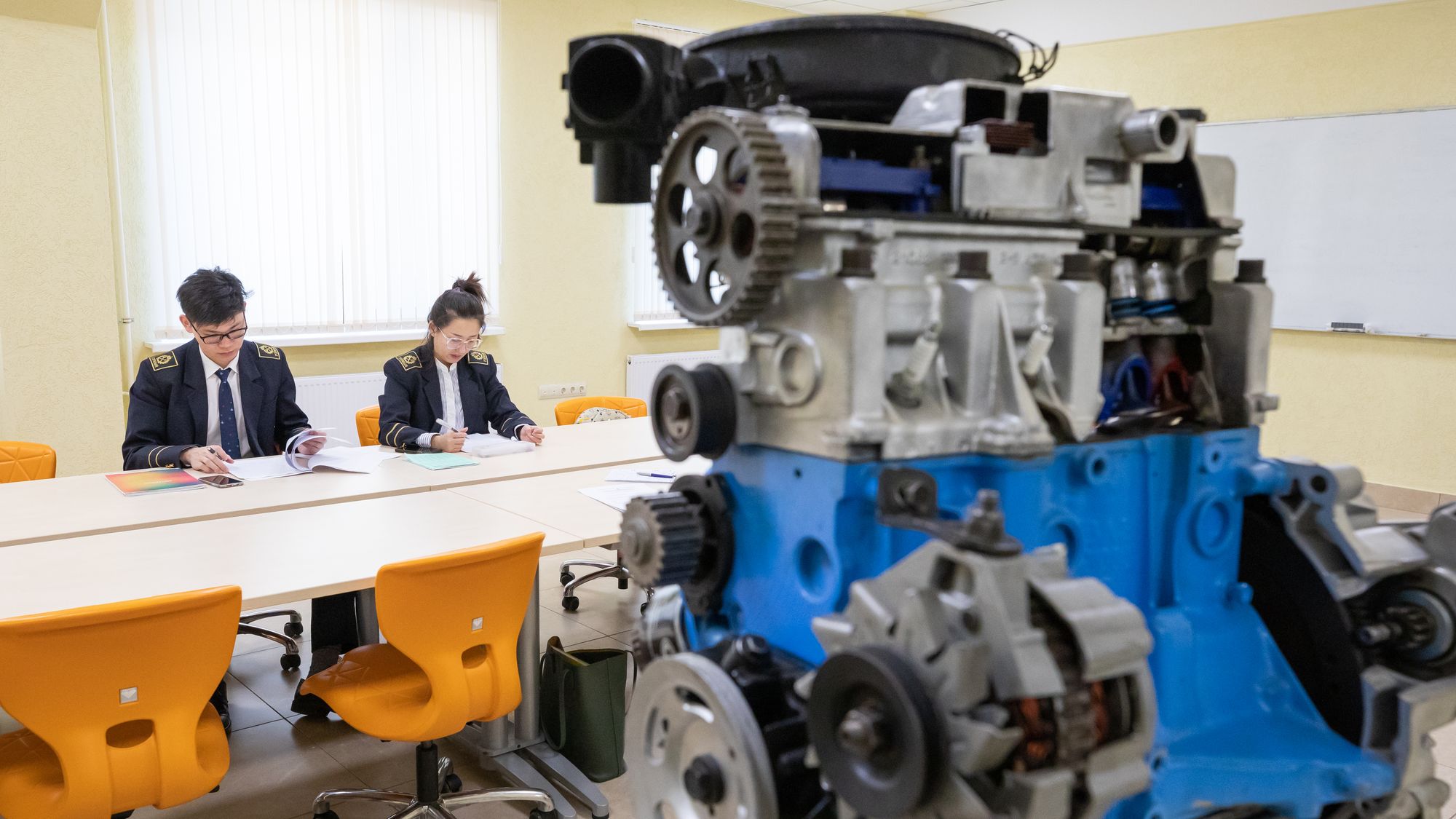In the process of training in this program, students get acquainted with modern methods of mathematical, physical and computer modeling of technological processes in mechanical engineering; they learn to plan, install and conduct theoretical and applied research in the field of mechanical engineering, manage the results of scientific research and commercialization of intellectual property rights, develop draft, technical and working designs of complex products with the use of computer-aided design tools and master the best practices for the development of competitive products.
Production of technological machines and equipment is a rapidly growing industry that determines the level of scientific and technological progress and economic potential of the state;
Production of technological machines and equipment requires the introduction of innovative technologies, manufacturing parts and assembling, which helps develop other industries;
Russia's exports of engineering products in 2018 amounted to $33.4 billion, a new historical maximum for the industry, with almost 70% of Russian exports to non-CIS countries;
Currently, 34.5% of the working-age population in industry as a whole works at machine-building enterprises;
Training and work are connected with the use of modern computer technology in the design of technological processes of manufacturing machines;
Graduates of this program are in demand on the labor market and can easily find work at enterprises and research organizations of the engineering industry.
Graduates of this specialization and training programs can work at the enterprises of mechanical engineering, shipbuilding, automotive, instrument making and other branches of the manufacturing industry; in design, research and educational institutions, occupying the positions of design engineers, software engineers, research engineers, researchers, teachers, etc. There are options for further career growth with the occupation of leadership positions at any level. Graduates who have shown interest in and the ability to do research and scientific-pedagogical work can enroll to postgraduate study for further education.
